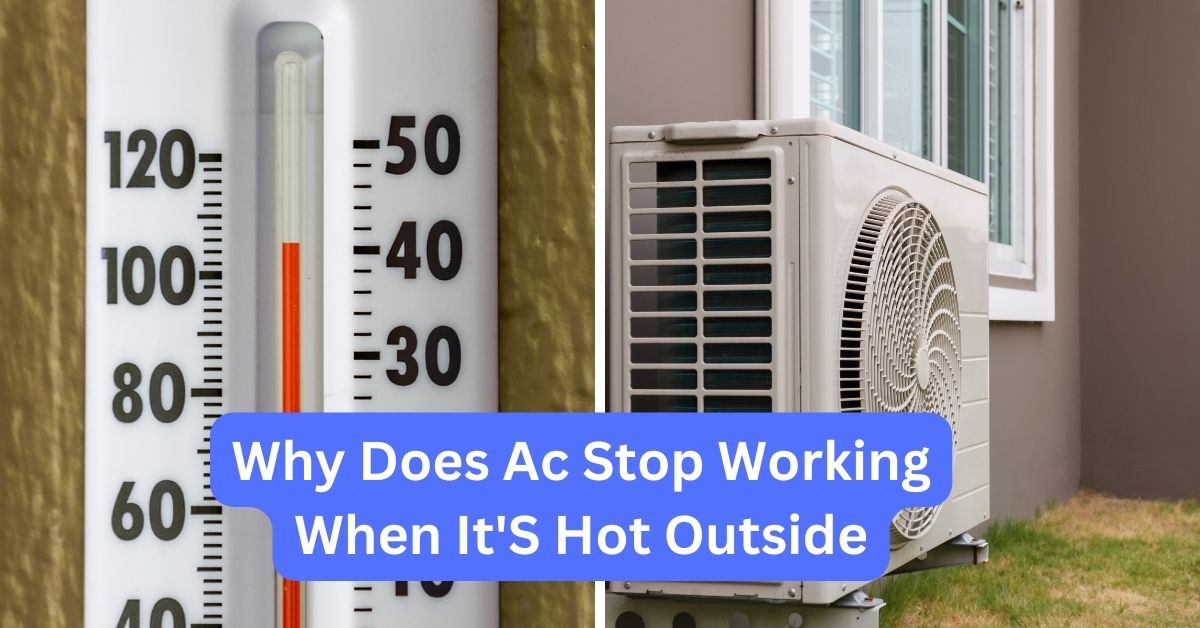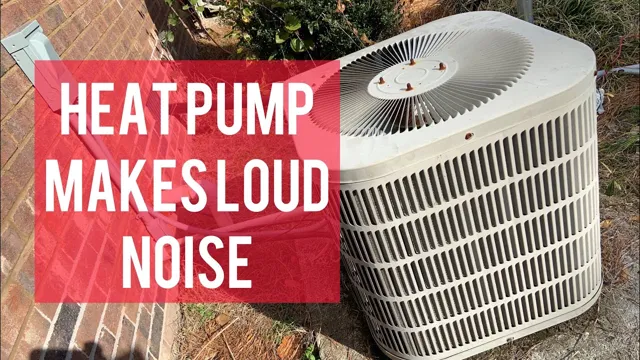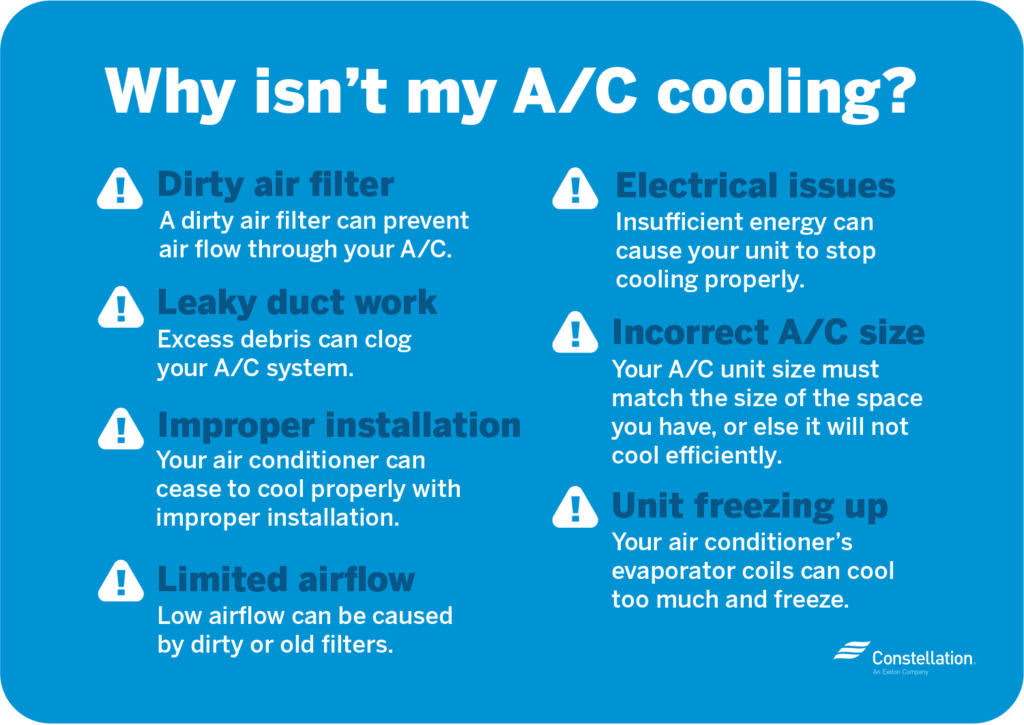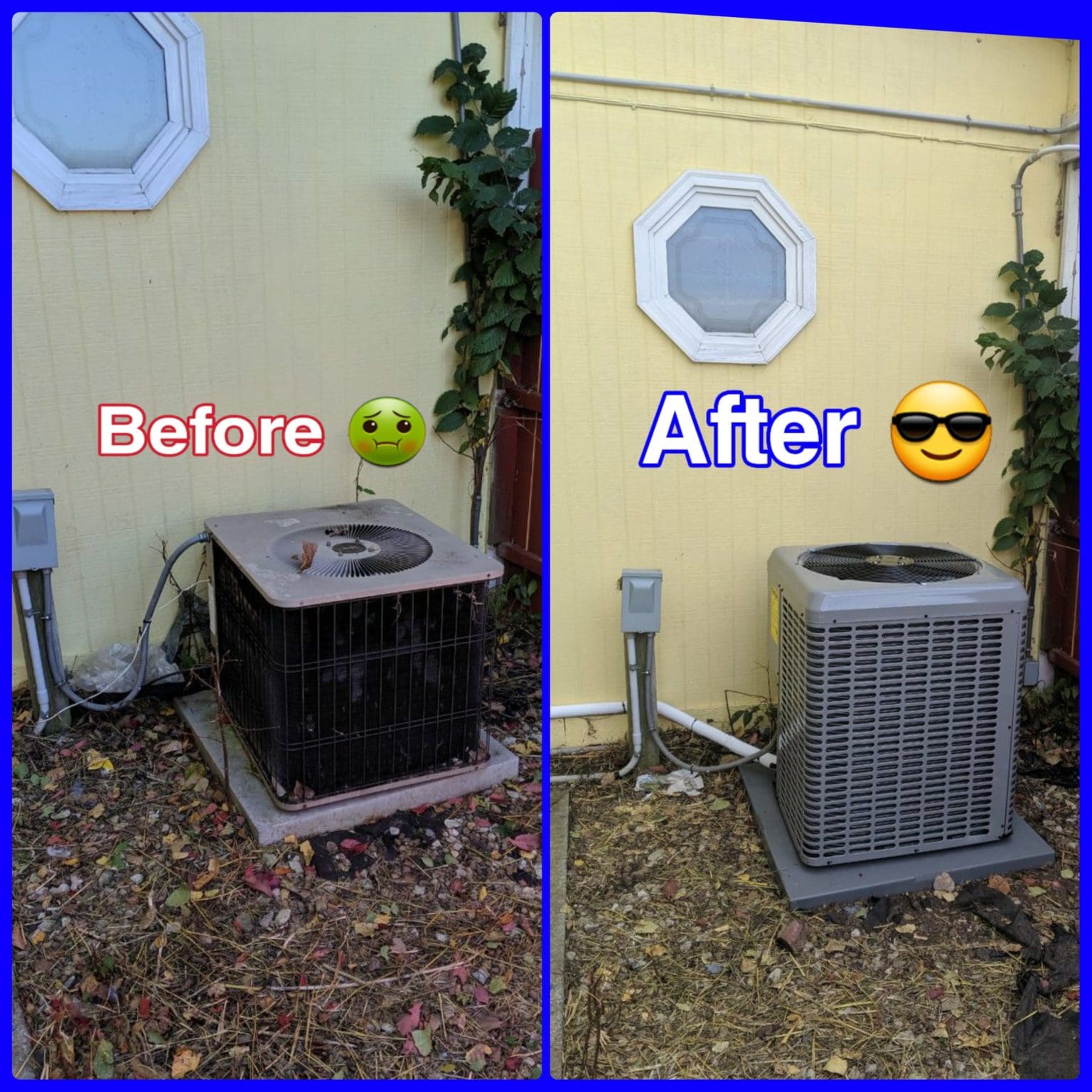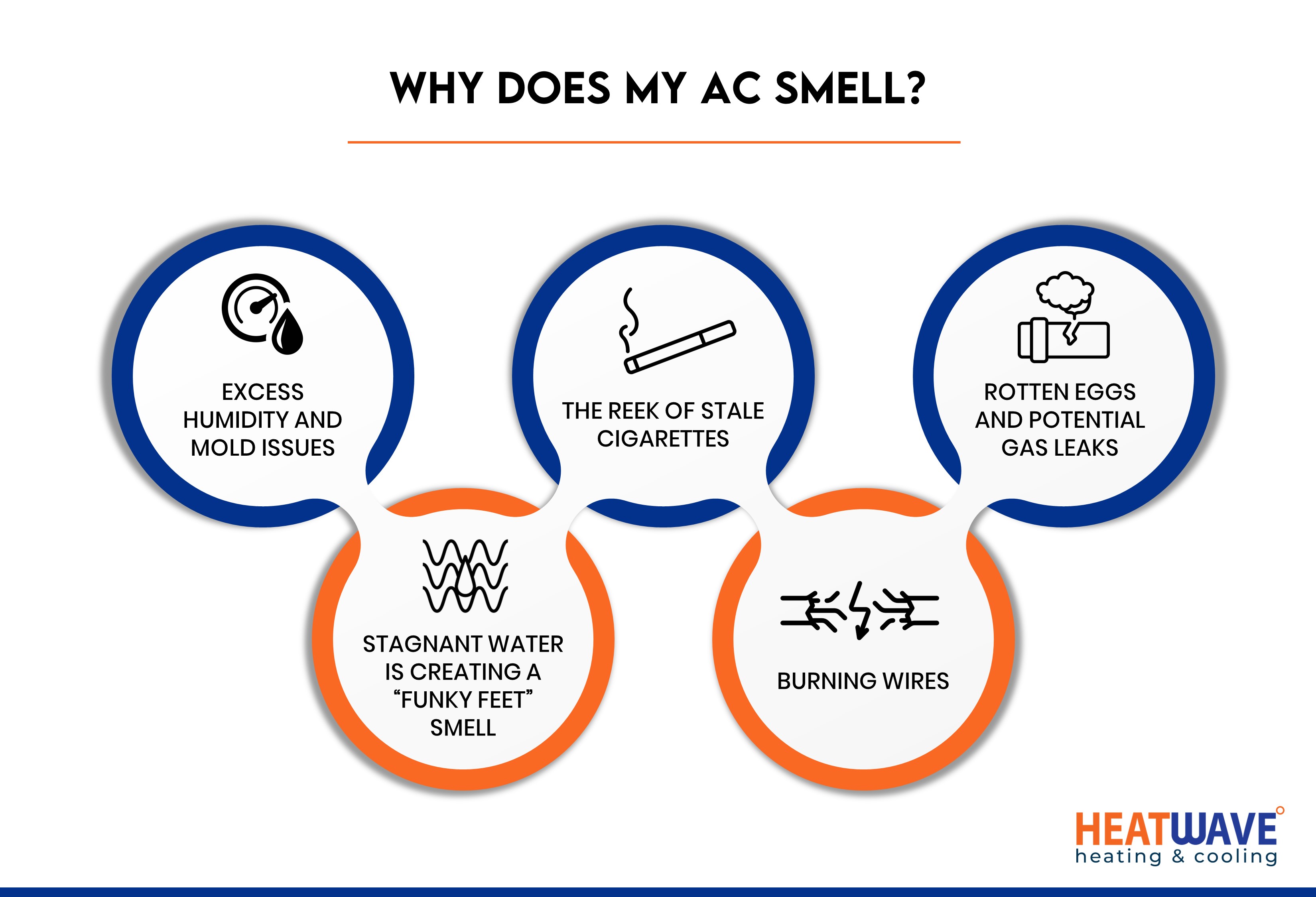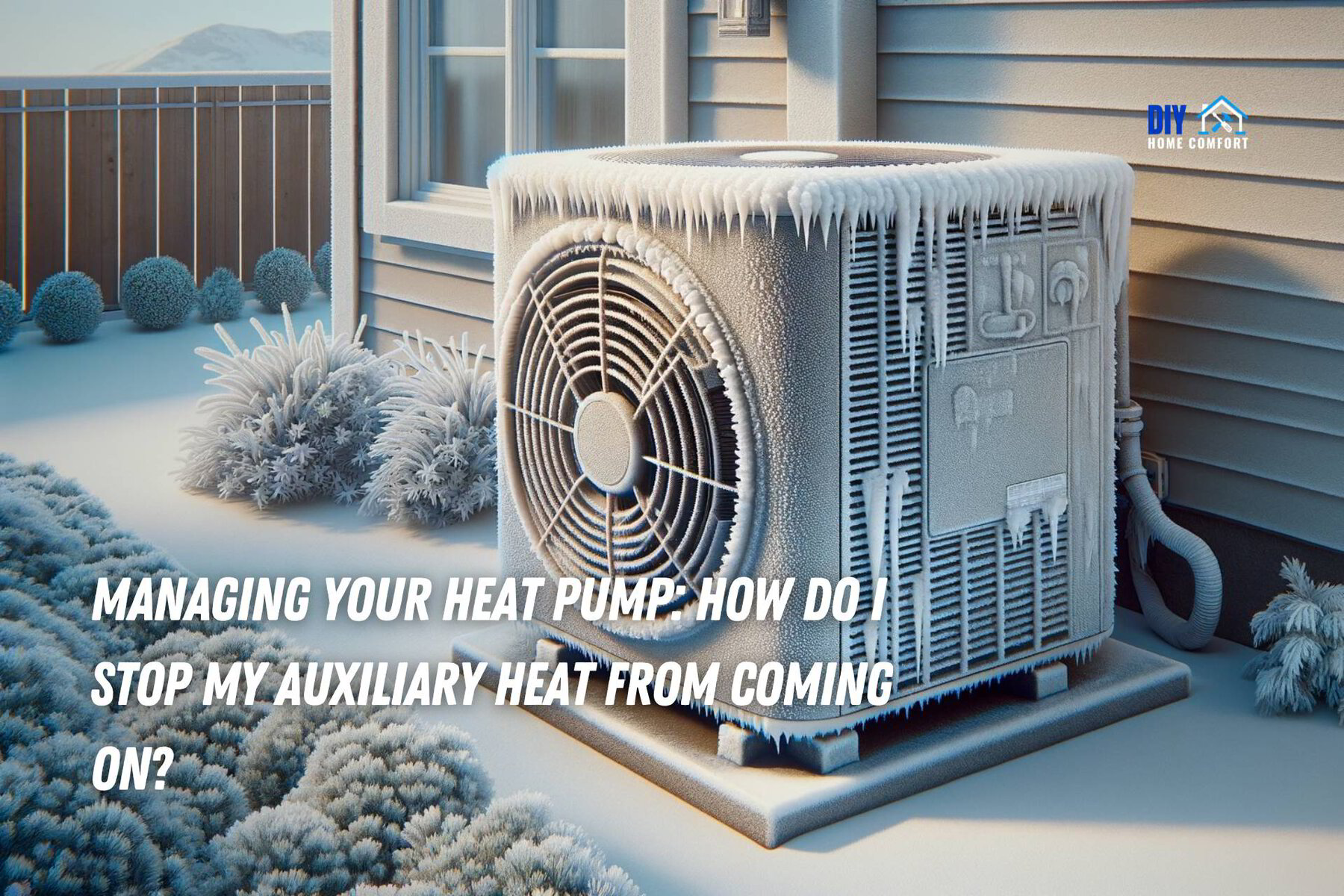Why Does My Heat Work But Not My Ac
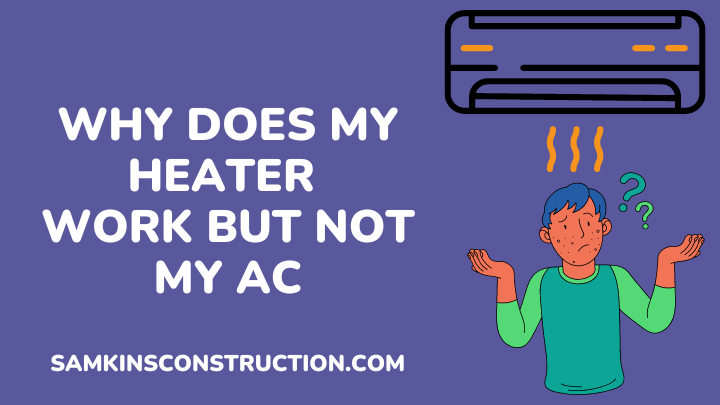
As temperatures climb, many homeowners are facing a frustrating predicament: their heating systems function perfectly, but the air conditioning refuses to kick on. This issue, surprisingly common, leaves individuals sweltering indoors despite having a seemingly functional HVAC system. Understanding the possible causes is crucial for a swift and cost-effective resolution.
The core problem lies in the fact that heating and cooling systems, while often sharing components like the blower motor and ductwork, operate on distinct mechanisms. Therefore, a functioning heater does not guarantee a functioning air conditioner. Addressing this disconnect requires a systematic approach to identify the specific point of failure.
Several factors can contribute to this imbalance. The most frequent culprit is a faulty thermostat. Thermostats control both heating and cooling, and a wiring issue or internal malfunction can prevent the AC signal from reaching the unit, while the heating signal remains unaffected.
Another common cause involves the refrigerant levels. Air conditioners rely on refrigerant to cool the air. If there is a leak and the refrigerant level drops too low, the AC will not function.
Electrical issues can also be to blame. A tripped circuit breaker dedicated to the AC unit, a blown fuse, or damaged wiring can all prevent the unit from receiving power. These problems may affect the cooling part of the system but not the heating.
Condenser coil problems are common as well. The outside unit or condenser is responsible for releasing heat. If these coils are dirty or blocked by debris, the AC will not work efficiently, or it may stop working altogether.
Furthermore, a malfunctioning compressor is a major concern. The compressor is the heart of the AC system, responsible for circulating refrigerant. If the compressor fails, the AC will not cool.
Beyond mechanical failures, regular maintenance plays a vital role. According to the Environmental Protection Agency (EPA), regular HVAC maintenance can improve efficiency by up to 30%. This includes cleaning or replacing filters, inspecting coils, and ensuring proper airflow.
Failing to maintain the AC unit can lead to increased strain on components, accelerating wear and tear, and potentially causing premature failure. Addressing minor issues early can prevent more significant and costly repairs down the line.
For homeowners, the inconvenience of a non-functional AC during hot weather can be significant.
"It's incredibly frustrating to have the heat working perfectly fine, but then be stuck with a sweltering house when you need AC," says Maria Rodriguez, a homeowner in Austin, Texas.
The inability to cool their homes effectively can impact sleep quality, overall comfort, and even health, particularly for vulnerable populations like the elderly and young children. Finding a solution quickly becomes a priority.
Troubleshooting Steps
Before calling a professional, there are a few troubleshooting steps homeowners can take.
Check the Thermostat
Ensure the thermostat is set to "cool" and the temperature is lower than the current room temperature. Also, verify the batteries are not dead and the wiring connections are secure.
Inspect the Breaker
Check the circuit breaker panel to see if the breaker for the AC unit has tripped. If so, reset it. If it trips again immediately, there may be a more serious electrical problem.
Clean the Outdoor Unit
Clear any debris from around the outdoor unit, such as leaves, branches, or overgrown vegetation. Use a hose to gently clean the condenser coils, removing any dirt or dust buildup.
Replace Air Filters
Dirty air filters can restrict airflow and cause the AC to work harder, potentially leading to failure. Replace the air filter regularly, typically every one to three months, depending on usage and air quality.
If these steps do not resolve the issue, it's time to call a qualified HVAC technician. Attempting complex repairs without proper training can be dangerous and may further damage the system.
A professional can accurately diagnose the problem and recommend the appropriate repair or replacement. They will inspect the refrigerant levels, check for leaks, and assess the condition of the compressor and other critical components.
In conclusion, while a functioning heating system provides some comfort, it offers little relief when the AC fails. Identifying the root cause, whether it's a simple thermostat issue or a more complex compressor problem, is crucial for restoring cool air. Regular maintenance and prompt attention to warning signs can help prevent AC failures and ensure a comfortable indoor environment year-round.
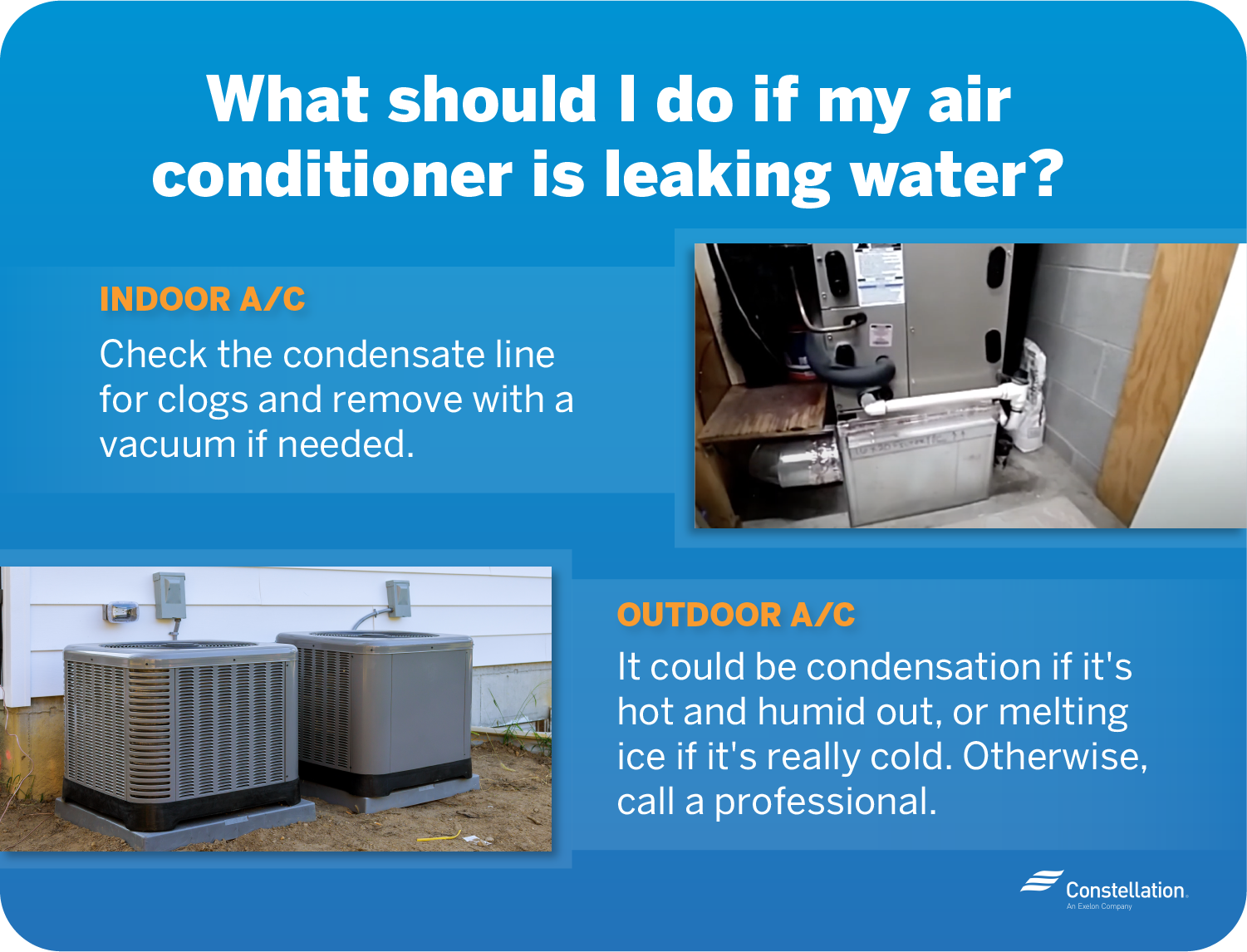
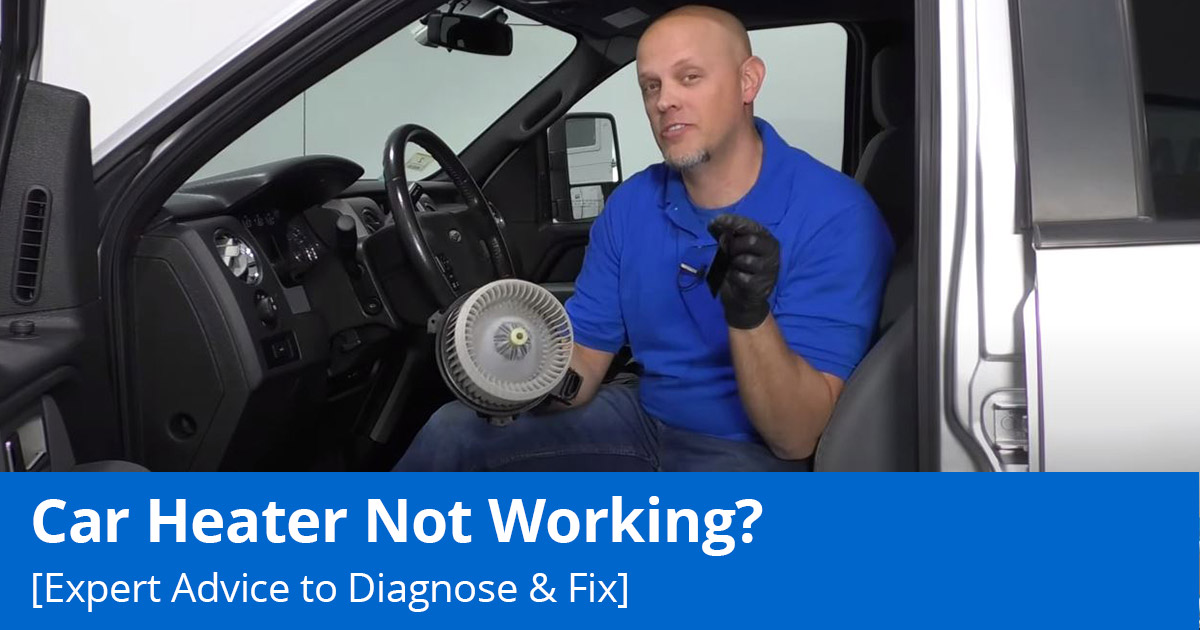



![Why Does My Heat Work But Not My Ac Home Heater Not Working? What To Do [DIY Troubleshooting Tips]](https://www.richmondsair.com/wp-content/uploads/house-heater-not-working-yay23250566.jpg)



